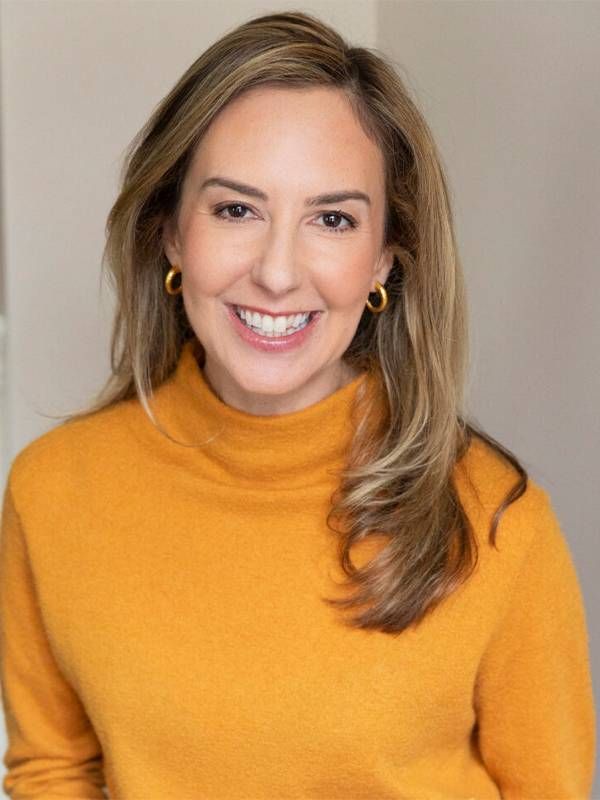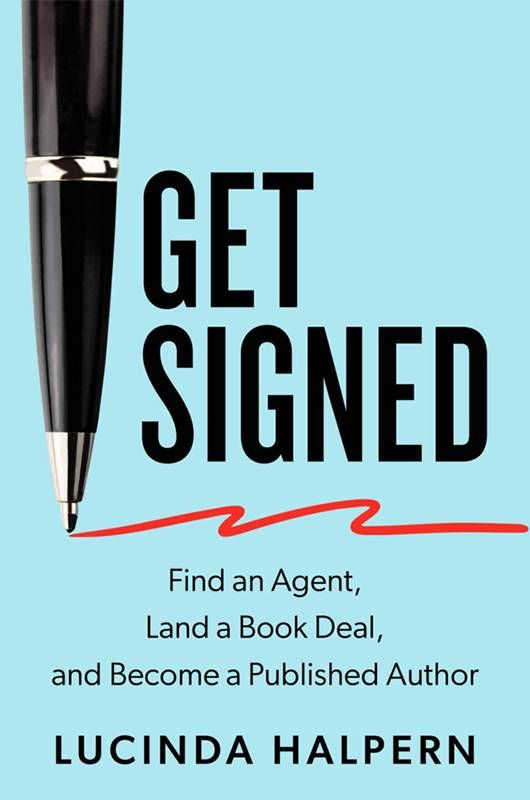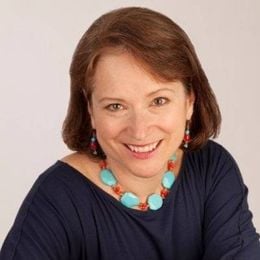How to Find an Agent and Land a Book Deal
Have something new to say, prove that you can draw an audience and learn to write an irresistible query letter
I often hear from readers who want to publish a book, but they don't know how to begin the process.

The good news is that there's never been a better time to get your words into print. Many first-time authors find self-publishing to be the easiest route, thanks to print on demand services like Amazon Kindle Direct Publishing (KDP) or Apple Books. Others choose to partner with independent publishers, some of whom accept unsolicited submissions from new authors.
But even now, many authors hope to land at one of the traditional "Big Five" publishers, which include Penguin Random House and Simon & Schuster, who together control over 80% of the U.S. market for trade books (those designed for the general public and sold through bookstores and online retailers).
Why Agents Are Worth 15%
Scoring a Big Five deal isn't easy. And since literary agents sell a large majority of those deals, you'll need to convince an agent to take you on before you can get your work seen by a big publishing house.
"Tell me something I don't know about a subject I love."
Your agent will help guide you through the publishing maze, from crafting a winning book proposal to negotiating your contract. After securing a deal, agents receive a commission (typically 15% of book advances and royalties and a 20% of overseas sales).
Fortunately, a new book, "Get Signed: Find an Agent, Land a Book Deal, and Become a Published Author," by veteran literary agent Lucinda Halpern can help you get noticed and published. Halpern has spent nearly two decades in the New York publishing world and shares some of her knowledge about the industry at no cost.
Lean Into Your Strengths
"Whether you're an introvert or extrovert, writers of all personality types get book deals every day," writes Halpern. "Like everything else in the publishing process, it's a matter of leaning in to your strengths."
I recently spoke with Halpern to learn more about how aspiring authors, both fiction and non-fiction, can attract an agent and a book deal. Highlights of our conversation follow:
Next Avenue: In the book, you explain what makes a book attractive to both agents and editors. Can you elaborate on that?
Lucinda Halpern: The book world has changed drastically over the past 20 years and the means for capturing fewer and fewer book buyers has changed along with it. Every book category is crowded and there's lot of free content competing against books. What makes your book enticing is when you bring a new dimension on the subject to the reader. What makes it distinctive and different? What message will readers take away that they haven't heard before? You can't just rehash what's been said before. To quote an agent colleague, "Tell me something I don't know about a subject I love."
What qualifies someone as an "expert" in the eyes of agents or publishers?

Major publishers, even independent publishers, are looking to sell upwards of 10,000 books. So, they need whatever proof you have to show that you can attract the audience needed to justify their investment. In the book, I share dozens of ways people can be seen as experts. Of course, having stellar credentials, a large social media following or a popular blog are helpful. But publishers are also impressed by people who are great at getting media coverage or regularly book speaking gigs to a growing audience.
Build a Social Media Presence
The first thing agents are going to do after getting your pitch is to Google you. If we find nothing, that's going to be an issue. So, if you don't have a social media presence, consider getting a website to reflect your future self as an author. It's a smart way to curate what people see and you get to control the narrative.
Many editors at publishing houses are under 40. Is this a problem for older writers?
The data shows that many writers become first-time authors at midlife and beyond. Your lived experience is your expertise. This is especially true for older people with rich life experiences to draw from and wisdom to share with others. It's true that younger rising editors dominate the industry. But what's great about them is they can help ensure your content is current and resonates with a contemporary audience.
See What's Selling
I'm continually surprised by how many writers don't know what's hot in their category. Fortunately, it's pretty easy to research what sells in your space. Start by taking a look at the bestsellers in your niche on Amazon. Another terrific resource is PublishersMarketplace. It's an industry database with a gold mine of information about sales, publishing trends, agents and more.
Do fiction writers need a platform?
No. When it comes to fiction, it's all about the quality of the writing, which is evident in the query letter. Is a platform a nice to have? Sure, but it's not a need-to-have. Great novelists come out of all sorts of life experiences.
Stand Out from the Crowd

How do you find an agent?
Start with PublishersMarketplace.com. Search their database by genre or category to identify the best agents for your work. Another way to identify suitable agents is to read the acknowledgment section of books in your genre. And it's always helpful to get a personal referral from an author friend.
In the book you have a number of winning query letters that resulted in a conversation with an agent. Can you share a few query tips?
1. Do your research. Identify agents who are a strong fit for your project. Then, always include a line or two about why you're interested specifically in that agent.
2. Keep it short. No query should exceed 300 words. If you want to pack a punch, include links to other information, such as articles you've published or a brief video clip.
3. Close with urgency. The worst thing you can do is be passive and close with a vague "let me know." Say why the agent should pick this up in a timely way. Don't worry about appearing pushy. Strong closing lines are more likely to yield results.


